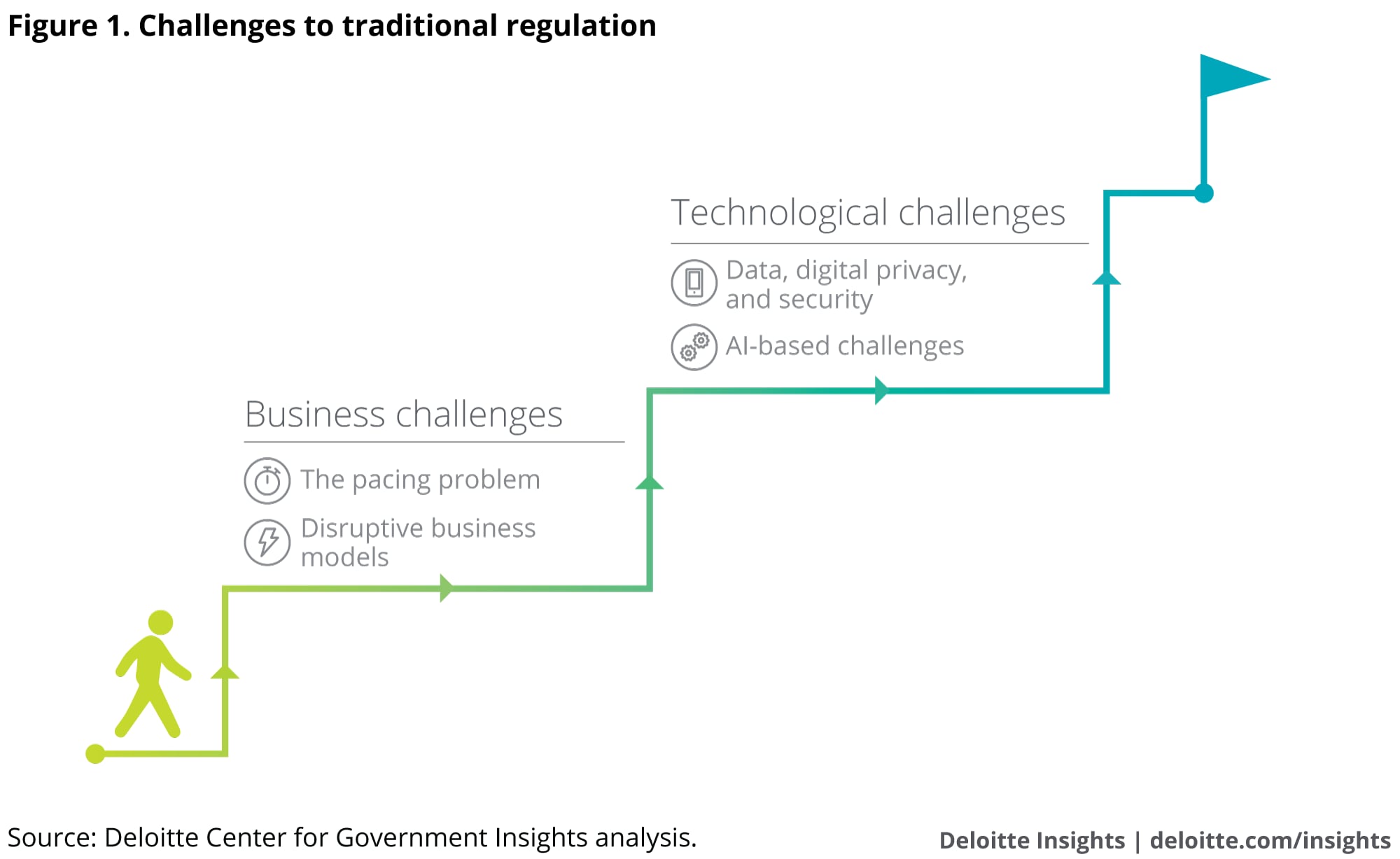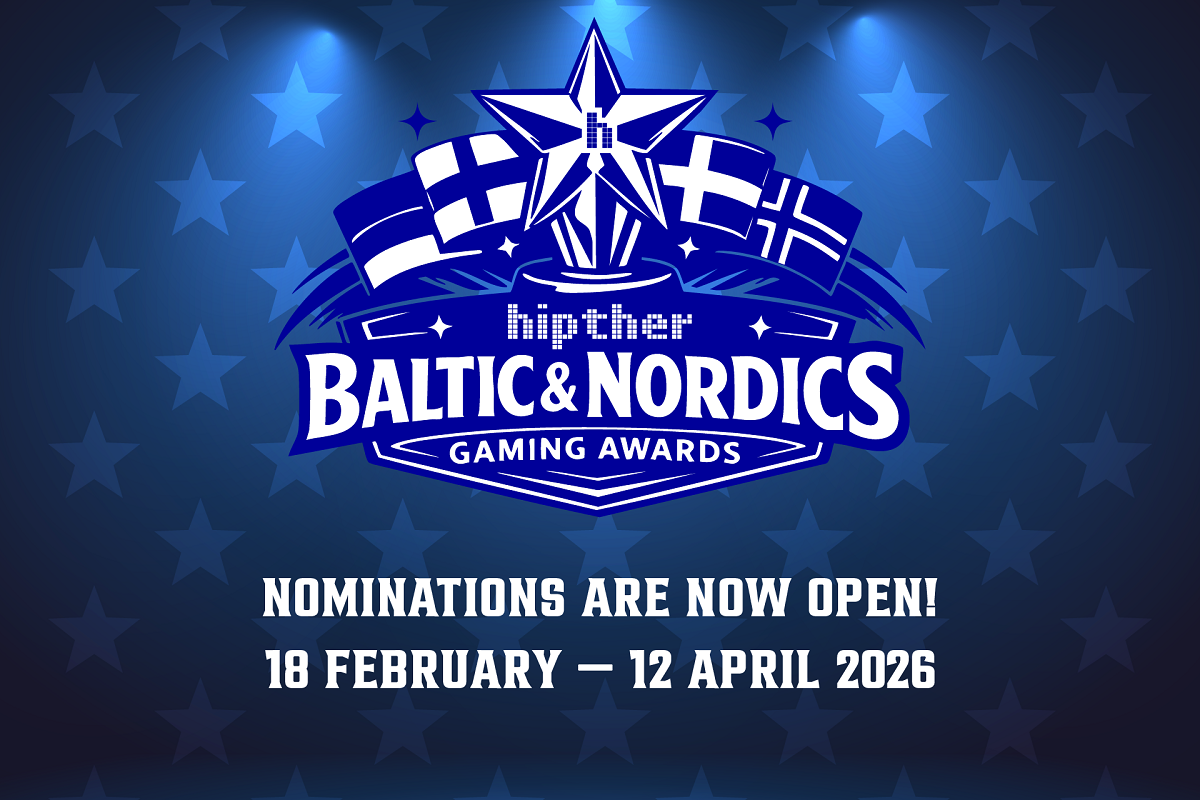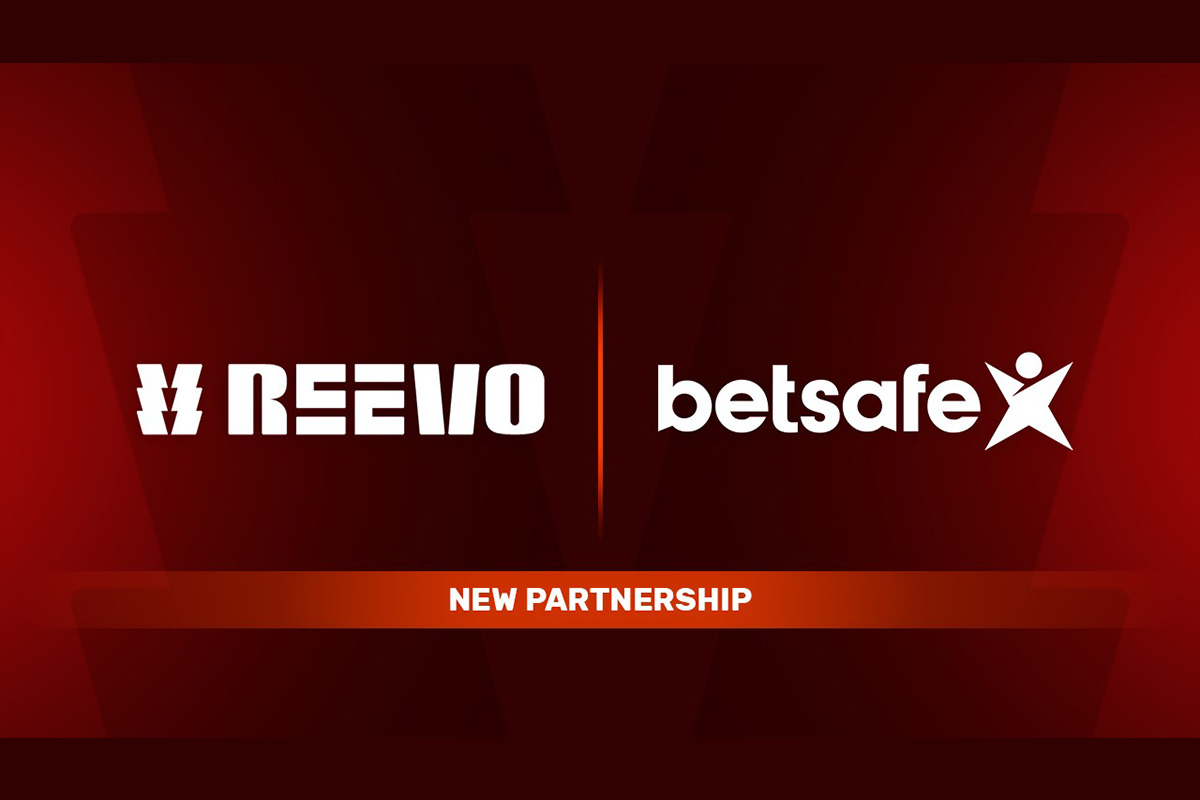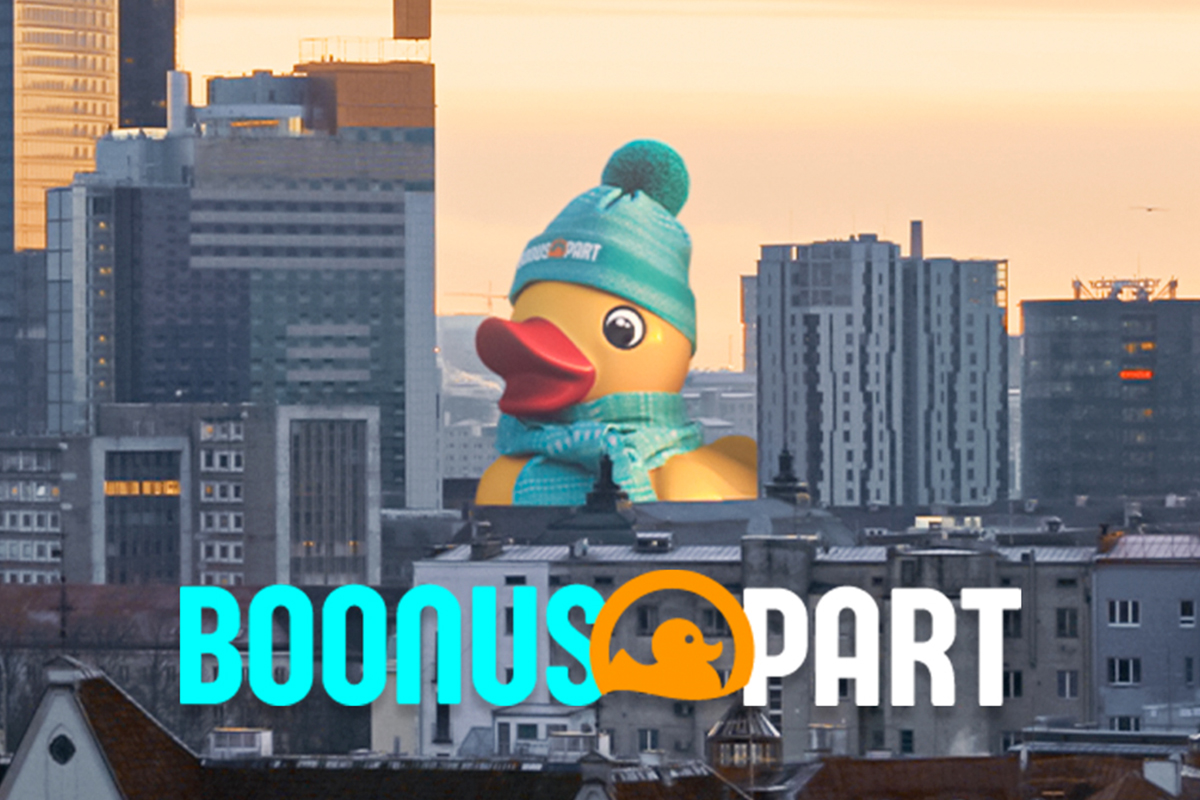Baltics
The importance of reg-tech for new market expansion

Mark Chakravarti, Investment Director at SportingWin, talks about the operator’s experience of securing a licence in Bulgaria and how it will now use its in-house regulatory platform to enter additional European markets
I would argue that a proprietary regulatory platform is the most important thing for operators looking to drive European market expansion. Without a modern, agile platform that provides the insight that regulators require, licence applications will be drawn out for months and even years.
At SportingWin, we came to learn this the hard way.
When we started the business back in 2019, we identified Bulgaria as being a market of huge potential and one that we were keen to make our debut. Based on our assessment, AGR would hit 20% a year for the next five years, leading to a market value of €500m per year.
We then set about compiling the legal paperwork required by the National Revenue Agency for the licence application – this was a significant task in its own right, but we would soon learn that this was just the very start of the process.
The Bulgarian regulator is one of the most stringent in the world, which of course is a good thing. It ensures that the operators that do secure approval to enter the market are of the highest calibre especially when it comes to responsible gambling.
Under its requirements, operators must be able to deliver certain insights and information to the regulator in real time and this in turn requires a powerful, agile regulatory platform. Ultimately, we took the decision to develop this technology in-house.
While this was the right course of action, it significantly slowed down our licence application process while the regulator and our in-house development team worked together to ensure that it was fully compliant with its requirements.
We eventually reached the point where the National Revenue Agency was happy with the paperwork we submitted and our proprietary reg-tech platform, giving us the green light to enter the market in January 2021. Since then, we have gained incredible traction with players.
As with most operators, we are now looking to take SportingWin into additional markets and our in-house developed regulatory platform will be the foundation for building out our presence across the region. It really is impressive and now that it has been certified in Bulgaria, it can be used elsewhere.
We have identified Romania as our next market and while we have yet to submit our application to the regulator, our proprietary regulatory platform will ensure it is a much easier – and faster – process than that in Bulgaria.
This is for several reasons. Given just how stringent the National Revenue Agency is with its standards and enforcing them, other jurisdictions are happy to approve our platform without subjecting it to the same level of scrutiny again.
The same applies to a lot of the paperwork that we completed as part of our application in Bulgaria – for example, the Romanian regulator is happy to carry this over as well as the technical and software certifications that we were granted.
Of course, local regulators will still carry out their own investigations and will want to test certain aspects of our platforms, tech and software, but much of the hard work has already been done and this will allow us to enter additional markets at pace – we anticipate being live in Romania in H1.
In addition to an in-house regulatory platform, approved paperwork and the experience of having been through a licence application, the final piece of the puzzle operators need is a European trademark for their brand/brands.
We have recently secured this for SportingWin and it really does put us in the driving seat to identify and enter regulated European markets with an incredibly strong brand, superior product offering and a powerful regulatory platform running in the background.
Because of this, SportingWin is an attractive proposition for investors looking to join our success story. Due to the technical foundations we have in place, the investment we secure is pumped into marketing our brand in each country, which in turn allows us to generate significant share quickly.
Despite having been live in Bulgaria for only a year, we have a large and loyal player base and in Q4, generated €500,000 in NGR. This is set to grow significantly off the back of our recently-announced partnership with Pinnacle, allowing us to add a betting exchange to our offering for the first time.
As with most small to medium-sized operators, the team behind SportingWin has a long-term plan for the business and that is to grow it into an exciting acquisition opportunity for one of the power players looking to build their presence in regulated markets across Europe.
Without our proprietary regulator platform, European trademark and growing collection of licences, SportingWin would simply not be on the radar of these organisations, let alone be considered a serious M&A opportunity.
Of course, there is still a lot of work to do before we reach that chapter of our story but given that the founders of SportingWin have built and sold betting businesses before, it is one that I am confident we will write in next to no time at all.
Meanwhile, we will continue to use our regulatory platform to launch our player-favourite brand and superior betting experience into markets across Europe, generating substantial revenues from each of the jurisdictions we target.
Powered by WPeMatico
Baltic & Nordics Gaming Awards 2026
Nominations Now Open for the HIPTHER Baltic & Nordics Gaming Awards 2026

Recognising Excellence Across the Baltics & Nordics
The spotlight is officially on!
HIPTHER has opened nominations for the Baltic & Nordics Gaming Awards 2026, the region’s defining celebration of innovation, leadership, and operational excellence across the gaming and technology ecosystem.
From pioneering operators and cutting-edge suppliers to infrastructure leaders and visionary individuals, the awards honour the companies and people shaping the future of regulated gaming across the Baltic and Nordic regions.
And this year, the journey culminates on a single stage.
Winners will be revealed on 2 June 2026 in Tallinn, during the prestigious Awards Ceremony & Closing Party of HIPTHER Baltic & Nordics: Tallinn — the grand finale of the HIPTHER Baltics 2026 conference series.
One region. One stage. One official awards night.
Key Dates to Remember
- Nomination period: 18 February – 12 April 2026
- Online voting session: 21 – 30 April 2026
- Shortlist announcement: 5 May 2026
- Final decision: 29 May 2026 – Secret Jury Vote
- Winners announced: 2 June 2026 – Tallinn Awards Ceremony
Part of the HIPTHER Baltics 2026 Journey
The Awards form the grand finale of HIPTHER BALTICS 2026 – Three Capitals, One Vision, a high-level regional conference series exploring regulation, fintech, compliance, and innovation across three Baltic capitals:
- Vilnius – 21 April 2026
iGaming Regulation & Fintech Integration - Riga – 11 May 2026
Cross-Border Compliance & Player Protection - Tallinn – 2 June 2026
Digital Governance & Startup Innovation
+ Baltic & Nordics Gaming Awards Ceremony
Together, the series delivers HIPTHER’s signature blend of policy insight, technological vision, and meaningful networking — culminating in the region’s most anticipated awards night.
Award Categories Across Six Industry Pillars
The 2026 edition features a comprehensive structure recognising excellence across:
- Baltics – Operators
- Nordics – Operators
- Suppliers – Casino & Content
- Suppliers – Sports & Odds
- Connected & Infrastructure
- Individual Industry Awards
This multi-layered approach ensures recognition not only for market leaders, but also for rising innovators, technology disruptors, and influential personalities driving the sector forward.
Why These Awards Matter
The Baltic and Nordic regions continue to stand at the forefront of regulation, digital governance, fintech integration, and responsible innovation in global gaming.
The HIPTHER Baltic & Nordics Gaming Awards serve as:
- A benchmark of trust and excellence
- A platform for regional and international visibility
- A celebration of the people and technologies shaping tomorrow’s industry
In short — recognition here resonates far beyond the stage.
Submit Your Nomination
Industry stakeholders, partners, and community members are invited to nominate the companies and leaders defining excellence in 2026.
Nominations are open until 12 April 2026.
 Submit your nominations here.
Submit your nominations here.
Join the journey toward Tallinn — and be part of the night where the region’s finest step into the spotlight!
The post Nominations Now Open for the HIPTHER Baltic & Nordics Gaming Awards 2026 appeared first on Eastern European Gaming | Global iGaming & Tech Intelligence Hub.
Aurimas Šilys
REEVO Announces Partnership with Betsafe

REEVO has announced a new partnership with Betsafe, strengthening REEVO’s growing presence across regulated European markets and reinforcing its expansion strategy in the Baltics region.
Through this collaboration, REEVO’s aggregation platform will support Betsafe’s casino offering in Estonia and Latvia, enabling access to a wide range of premium third-party content through a streamlined integration. The partnership reflects REEVO’s continued commitment to providing operators with scalable technology and an efficient route to expanding their game portfolio.
Betsafe is part of the Betsson Group, a global online gambling company operating more than 20 gaming brands across multiple markets. In the Baltics, Betsson Group operates under the Betsafe brand in Estonia and Latvia, offering a trusted and dynamic entertainment experience.
This partnership marks another important step forward for REEVO as it continues to grow as an aggregator and strengthen its reputation as a trusted partner for leading operators in key regulated territories.
Karl Grech, Head of Business Development at REEVO, said: “Estonia and Latvia are exciting markets with strong growth potential, and partnering with Betsafe is a fantastic milestone for REEVO. Betsafe is a well-established and trusted brand in the Baltics, and we’re proud to support their expansion through REEVO’s aggregation platform. This collaboration is another clear step forward in our growth strategy and reinforces our commitment to delivering efficient, high-performance solutions that help operators enhance their casino offering.”
Aurimas Šilys, Managing Director Baltics at Betsson Group, said: “Our collaboration with REEVO opens so many doors for Betsson Group brands in Baltics to onboard and launch more game providers and have the biggest and widest casino selection in Baltics markets.”
The post REEVO Announces Partnership with Betsafe appeared first on Eastern European Gaming | Global iGaming & Tech Intelligence Hub.
Acquisitions/Merger
Boonuspart Acquires Kasiino-boonus to Strengthen its Position in the Estonian iGaming Market

Boonuspart.ee, a leading Estonian portal focused on casino bonuses and online casino comparisons, has acquired Kasiino-boonus.ee, further consolidating its position in the Estonian iGaming affiliate market.
The acquisition brings together two well-established Estonian-language casino resources to enhance content depth, accuracy of comparisons and overall user experience for players seeking up-to-date casino bonuses and reliable information.
Kasiino-boonus.ee has built strong visibility around casino bonus-related search terms in Estonia, while Boonuspart.ee has focused on broader comparisons, editorial content and long-form guides. By combining these strengths, Boonuspart.ee aims to create a more comprehensive and authoritative platform for Estonian players.
“This acquisition supports our long-term strategy of building the most trusted and informative casino bonus resource in Estonia. Kasiino-boonus.ee has a strong legacy in the local market, and we see clear synergies in terms of content, SEO, and player value,” Teemu Pesonen, co-founder of Boonuspart, said.
Following the acquisition, Kasiino-boonus.ee will be gradually integrated into the Boonuspart.ee ecosystem. Existing content will be reviewed, updated and expanded where relevant, with a continued focus on transparency, up-to-date bonus terms and compliance with Estonian regulations.
No changes will be made to player data handling, and no user information is transferred as part of the transaction.
The acquisition reflects a broader trend of consolidation within the European iGaming affiliate sector, as established publishers invest in trusted local brands to strengthen editorial quality and long-term sustainability.
The post Boonuspart Acquires Kasiino-boonus to Strengthen its Position in the Estonian iGaming Market appeared first on Eastern European Gaming | Global iGaming & Tech Intelligence Hub.
-

 ACMA6 days ago
ACMA6 days agoACMA Blocks More Illegal Online Gambling Websites
-

 Aurimas Šilys6 days ago
Aurimas Šilys6 days agoREEVO Partners with Betsson Lithuania
-

 CEO of GGBET UA Serhii Mishchenko6 days ago
CEO of GGBET UA Serhii Mishchenko6 days agoGGBET UA kicks off the “Keep it GG” promotional campaign
-

 Canada5 days ago
Canada5 days agoRivalry Corp. Announces Significant Reduction in Operations and Evaluation of Strategic Alternatives
-

 Latest News5 days ago
Latest News5 days agoTRUEiGTECH Unveils Enterprise-Grade Prediction Market Platform for Operators
-

 Central Europe6 days ago
Central Europe6 days agoNOVOMATIC Once Again Recognised as an “Austrian Leading Company”
-

 Firecracker Frenzy™ Money Toad™5 days ago
Firecracker Frenzy™ Money Toad™5 days agoAncient fortune explodes to life in Greentube’s Firecracker Frenzy™: Money Toad™
-

 Acquisitions/Merger5 days ago
Acquisitions/Merger5 days agoBoonuspart Acquires Kasiino-boonus to Strengthen its Position in the Estonian iGaming Market



















